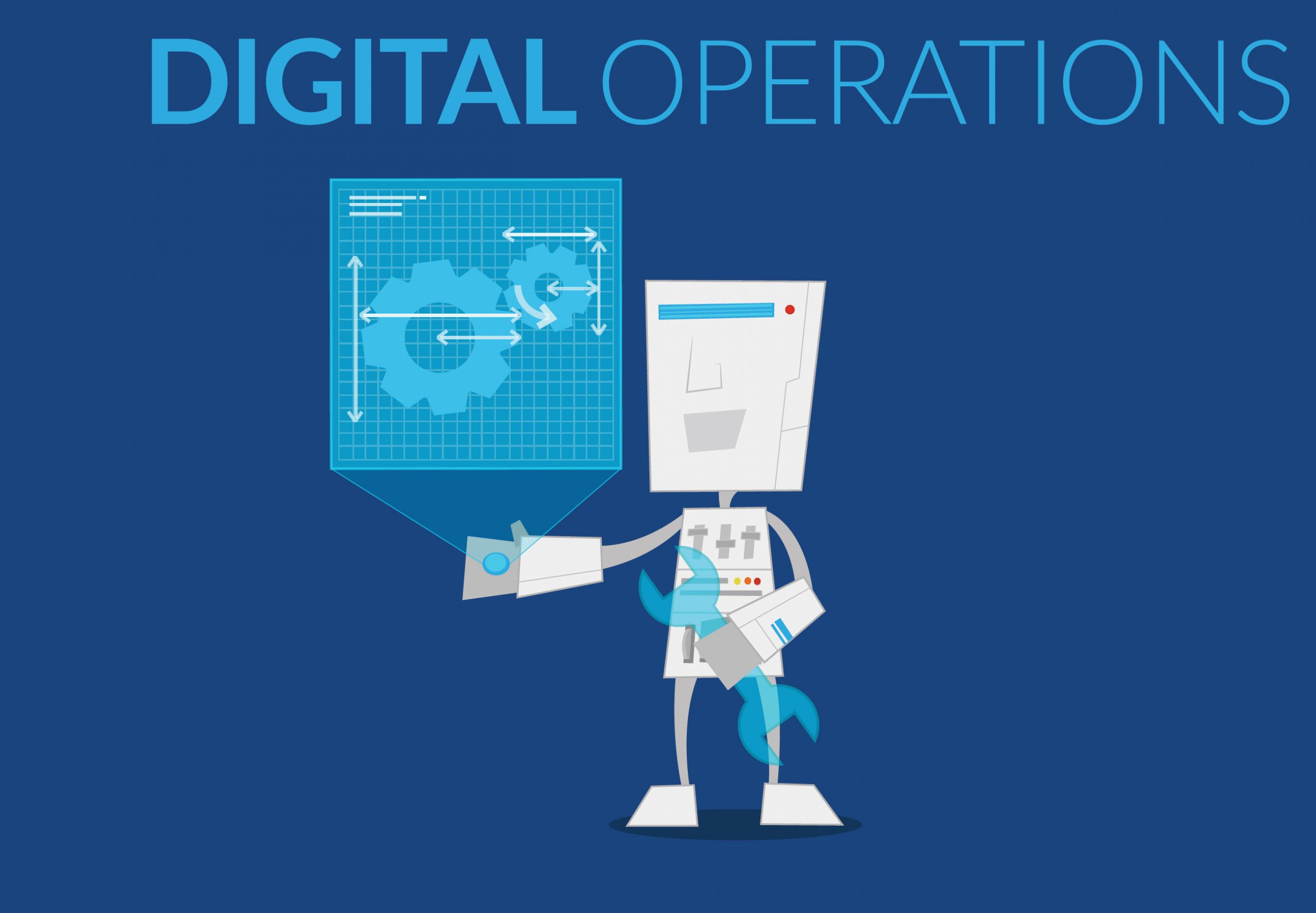
Cryptocurrency exchange Binance halts trading after detecting irregular SYS trading activity
Binance -- the largest cryptocurrency exchange in the world -- temporarily halted all trading after it detected "irregular trading on some APIs".
As a precautionary measure, the exchange removed all existing API keys and asked users to re-create theirs from their accounts. The measure meant a suspension of trading, withdrawals and other account activity. The matter is related to the Bitcoin fork Syscoin which halted deposits and withdrawals, but Binance stressed that there had not been as hack and that its blockchain is safe.

elementary OS 5.0 'Juno' Beta 1 Linux distro now available, but you shouldn't install it
There are countless Linux distributions these days, but one in particular seems to really get people excited -- elementary OS. Why is this? Well, the developers of the operating system focus heavily on the user interface and experience -- it is kind of like a mix between GNOME and macOS. For those that still believe the fabled "year of the Linux desktop" is coming, elementary OS' beauty and polish serves as a beacon of hope. Unfortunately, the distribution has not made a significant impact -- yet.
If you are a fan of the operating system, you will be happy to know elementary OS 5.0 "Juno" Beta 1 is available right now! Before you get too excited, however, you probably shouldn't install it. The developers are making it very clear that Juno Beta 1 is not yet ready for prime time, and it is not intended for end users. While you can install it if you want, you will not have a good experience -- it is really just intended for third-party app developers at this point.

I declare independence from Apple (and mean it this time)
Six years ago today I penned my personal Declaration of Independence from Apple, nearly a month after pledging to boycott the company's products and services—and I did, only to quietly stop six months later. They say history repeats, eh? On this July 4th, I forsake the fruit-logo company once more. From Apple I return to Google, choosing one digital lifestyle over the other—and not for the first time, as some commenters will be quick to argue.
Past to present: By summer 2012, I viewed various patent assaults by Apple against Samsung and others as competition by litigation, not innovation. Weighing on my decision in 2018 is a newer—and more aggressive—attack against Qualcomm, which headquarters are in San Diego (my city of residence). While a Qualcomm customer, Apple also is a fierce chip competitor that seeks to bolster margins by paying less for patents—and by invalidating or diminishing them, destabilize competition from the Android Army.

Google responds to Gmail privacy concerns: 'we're not reading your emails'
Another day, another privacy concern. Following a Wall Street Journal story about the access third party apps have to Gmail data, we wrote about how to stop it. While the WSJ did not really make any major new revelations, it did manage to reignite the conversation about privacy, and Google has responded to storm that has built up around it.
The company has used a blog post to respond to the concerns raised by the Wall Street Journal, insisting that it carefully vets any third party that has access to sensitive data. The task has been left to Suzanne Frey -- director of security, trust and privacy at Google Cloud -- to limit the damage caused by the article.

Celebrate your computing independence by switching from Windows 10 to Linux during System76's 1776 sale
Tomorrow is July 4th -- a very special day for the United States of America. This is the day we celebrate our independence from the then-tyrannical British government. Thankfully, the Brits are now our allies -- we can enjoy some of their finest exports, such as Ed Sheeran, without guilt.
While you are celebrating America's freedom, why not also celebrate your computing freedom by switching from Windows to Linux? Rather than install a distro on your aging PC, you could totally buy a new computer that comes with Linux pre-installed! System76 sells such computers with either Ubuntu or its own Ubuntu-based Pop!_OS, and today, it announces a very rare sale.

Ubuntu Linux-powered Dell Precision 7530 and 7730 'Developer Edition' laptops finally available
Back in May, we reported on several Ubuntu Linux-powered Dell Precision "Developer Edition" mobile workstations that would be released in 2018. At the time, only one of these laptops was available for purchase -- the Precision 3530.
Of course, the needs of all Ubuntu users cannot be met with just one machine. Thankfully, starting today, two more of these laptops become available for purchase. The Dell Precision 7530 and 7730, as they are called, are 15-inch and 17-inch laptops, respectively.

Privacy warning: Samsung phones are leaking photos to random contacts
If you have a Samsung Galaxy S9, S9+ or Note 8, you might want to check that your contacts haven't got hold of some of your photos. Some owners of the handsets are reporting that the Samsung Messages SMS app has been sending out images from their camera rolls to random contacts.
Worryingly, many people who were affected by the privacy-invading leaks were only made aware of the problem when their friends asked about the images they'd received -- the Messages app does not reveal that anything has been sent. Samsung says that it is aware of the issue and is investigating what is happening.

How to stop your private Gmail messages being read by third parties
When Gmail first launched back in 2004, people were concerned about it because Google was scanning incoming messages in order to be able to present users with relevant, personalized adverts based on the email content.
The feature was finally dropped a year ago, in a move welcomed by privacy advocates, but it turns out employees of third-party app developers may well have been reading your private messages.

77 percent of industrial organizations worried about cybersecurity incidents
Information technology and operational technology are gradually moving closer together thanks to wider connectivity of OT with external networks, and the growing number of industrial IoT devices.
While this boosts the efficiency of industrial processes, it also presents new risks and vulnerabilities according to a new report from Kaspersky Lab.

Amazon Prime Day 2018 is July 16, but you can score some early deals NOW!
Amazon Prime Day. Sigh. Yet another annual holiday dedicated to shopping -- we are at peak capitalism, I suppose. To be honest, it's not much different than Black Friday or Cyber Monday. If you have the money to spend, you might as well score some great deals and stimulate the economy, right? Heck, if you are an American, you will probably spend money even if you don't have it!
This year, Amazon Prime Day is on July 16. There will be many deals to be had on all product categories, including tech. If you are in the market for a new laptop, smartphone, or other device, it is probably a good idea to wait until July 16 before pulling the trigger on any purchases. For instance, this year, Huawei is offering some particularly nice deals on some of its smartphones and wearables.

Digital Operations is the enterprise's secret weapon against startups
In recent years, enterprises have encountered a new threat that is forcing them to rethink everything they thought they knew about business and technology: startups. These fledgling companies are not your father’s legacy enterprise. They are a new breed of business that thrives on being unbeatably fast, agile and flexible. And every mid-to-large sized company who cannot opt to just snap them up with an acquisition is at risk of losing significant market-share to these new kids on the block. And this concern is pervasive -- a recent report by Dell found that 78 percent of business leaders are threatened by startups, with half fearful that they will be rendered obsolete in just a few years.
So, what can business leaders do to ensure they have a foothold in the future? In short, learn from your competitors and modernize your IT by prioritizing strategic Digital Operations. While it's not as sexy as the headline grabbing trends like AI, it will have an immediate impact on your bottom line rather than questioning when you will see your ROI.

How ridesharing companies do (and don't) use background checks
Ridesharing companies like Uber and Lyft are reshaping the transportation industry. In the past few years, these businesses have changed the way people explore cities, navigate to new travel destinations, and find their way home after a night at the bar.
While many consumers sing the praises of Uber and Lyft, there is one area in which these businesses have frequently courted controversy: background checks.

SUSE Linux sold for $2.535 billion
British firm Micro Focus International is selling its open source SUSE software to the Swedish group EQT Partners. The $2.535 billion deal boosted shares by 6 percent.
SUSE Linux has been in the hands of Micro Focus International since 2014 and it has been running it as a largely independent division, competing directly with the likes of Ubuntu and Red Hat. The acquisition by EQT Partners means that more developers and engineers will be hired to work on the product.

Facebook bug secretly unblocked people you thought you'd blocked
Facebook is primarily about connecting with other people, but its "block" functionality certainly has its place for avoiding those you don't want to be in touch with for one reason or another. It's a great option to have... until it goes wrong.
And that's precisely what happened. The social network has admitted that more than 800,000 were hit by a bug that meant people they had blocked on either Facebook or Facebook Messenger were temporarily unblocked and able to see content that had been posted.

Pandora Premium now available on Samsung Smart TVs
Pandora Premium may not be the most popular streaming music service, but apparently, it does have its fans. You can listen to the service on many devices, such as your computer, smartphone, and tablet.
Starting today, Pandora Premium users get yet another way to enjoy the service -- Samsung Smart televisions. You see, Pandora is delivering an application for these TVs. If you think enjoying music using a TV is crazy, think again -- you don't have to listen to Pandora using the television's internal speakers. For better audio, you can connect a receiver or sound bar to the TV.
